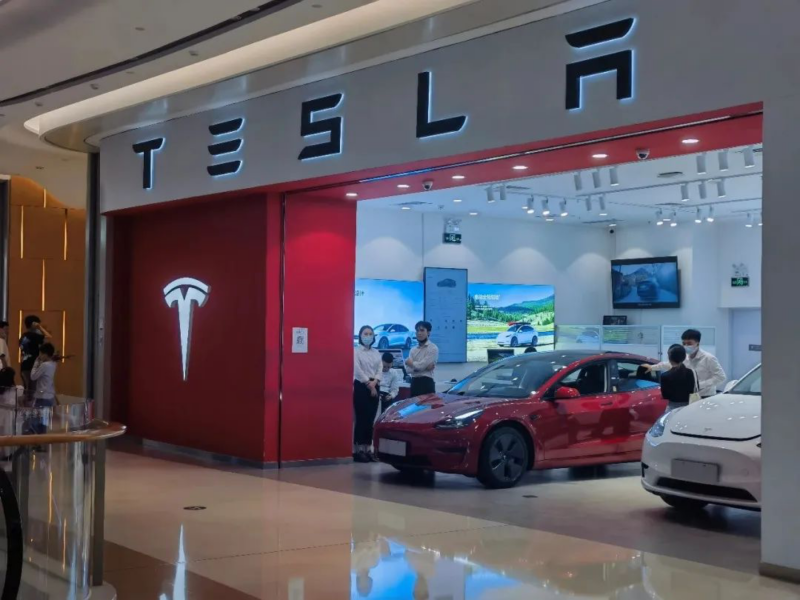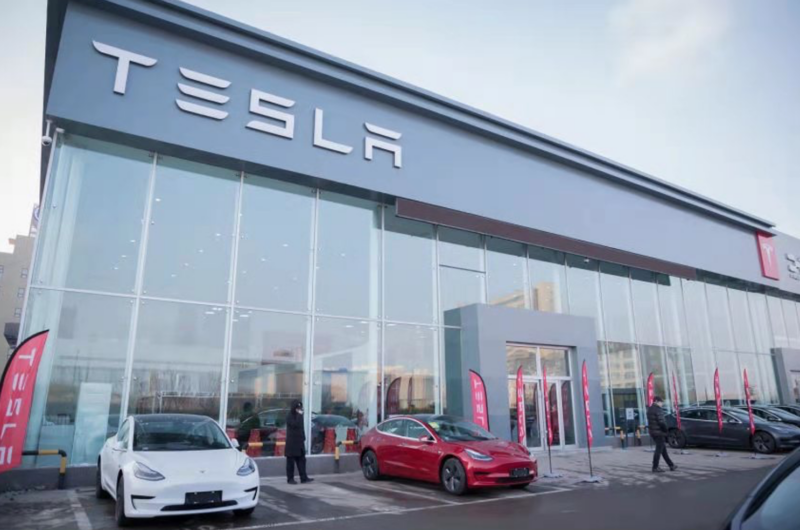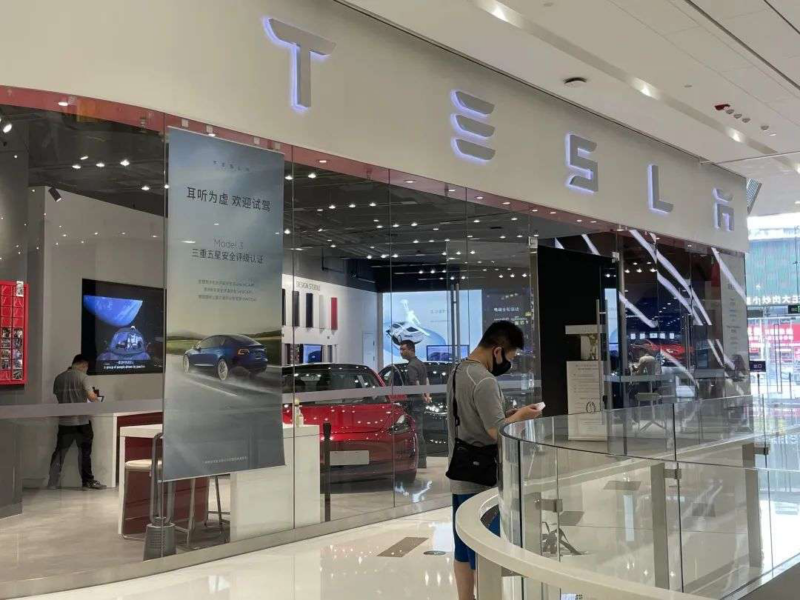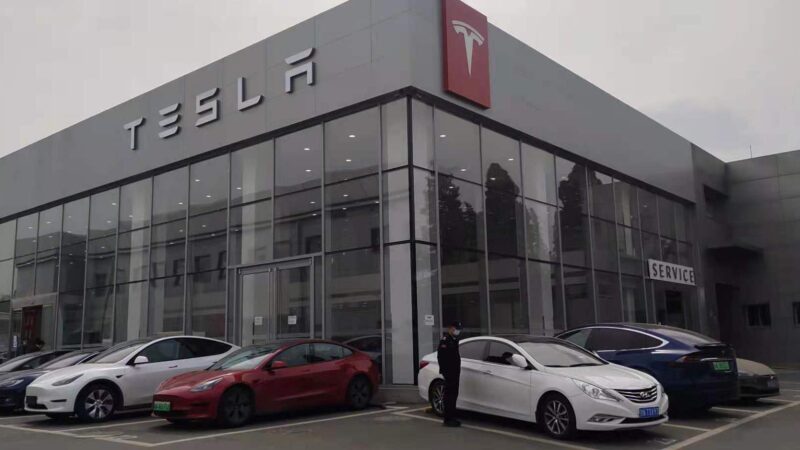Tesla China sales staff work without days off in 13-hour shifts to combat market decline
In China, the world’s largest and most advanced electric vehicle market, Tesla‘s image has shifted from pioneering innovator to conservative player. According to data from the China Passenger Car Association, Tesla’s wholesale sales in China dropped 21.8% year-over-year in the first quarter of 2025, while retail sales remained essentially flat compared to last year.
This performance stands in stark contrast to Tesla’s main Chinese competitor, BYD, which achieved an 18.8% growth rate during the same period.

Sales staff under unprecedented pressure
Tesla salespeople, who interact most directly with consumers, are feeling the mounting pressure. Multiple Tesla sales representatives told reporters they have abandoned mid-week breaks in favor of working seven days a week, with daily shifts running from 9 AM to 10 PM – nearly 13 hours per day.
“The days when we didn’t need to work hard to introduce products and orders would ‘automatically’ arrive are gone forever,” said one salesperson who has decided to leave Tesla.
According to Tesla sales staff in Beijing, the current performance standard requires closing at least one sale daily, translating to approximately 30 vehicles monthly. However, many salespeople struggle to sell even 3-4 cars weekly, despite continuously tracking potential customer activity and persuasively promoting the vehicles.

High turnover and harsh evaluation standards
The intense work environment has led to unprecedented turnover rates. At one Beijing store, the entire sales team is replaced approximately every month and a half, compared to every three months previously.
New sales recruits face a brutal onboarding process – they must master product knowledge within three days while undergoing daily recitation checks. By day four, they’re expected to close deals or potentially face dismissal. “This system essentially screens through rigorous evaluation – only those capable of quickly closing sales can stay,” explained one insider.

Market and product challenges
Industry observers attribute Tesla’s struggles in China to a limited and aging product line that has struggled to keep pace with the rapid innovation from Chinese automakers like BYD. The refreshed Model Y introduced earlier this year provided some sales momentum, but failed to return Tesla to its former market-leading position.
Recent promotional policies for the refreshed Model Y, including three-year zero-interest financing, reflect the company’s efforts to stimulate demand. A fatal electric vehicle accident in early April has also raised safety concerns among potential customers, with sales staff reporting that “mechanical unlock buttons and battery safety” have become top concerns for shoppers.
Strategic response and future outlook
Tesla may be preparing a strategic response. According to industry reports, Tesla’s China team is developing a new vehicle – essentially a lower-priced version of the Model Y. If the current refreshed Model Y underperforms, this more affordable variant could launch in the second half of this year.
The Chinese market’s importance to Tesla continues to grow. In Q1, Tesla’s retail sales in China reached 134,600 units, representing nearly 40% of its global sales. As Tesla faces challenges in other markets, including a 62.2% sales decline in Germany, securing Chinese consumers’ favor has become increasingly crucial for the company’s global strategy.
Source: Jiemian



